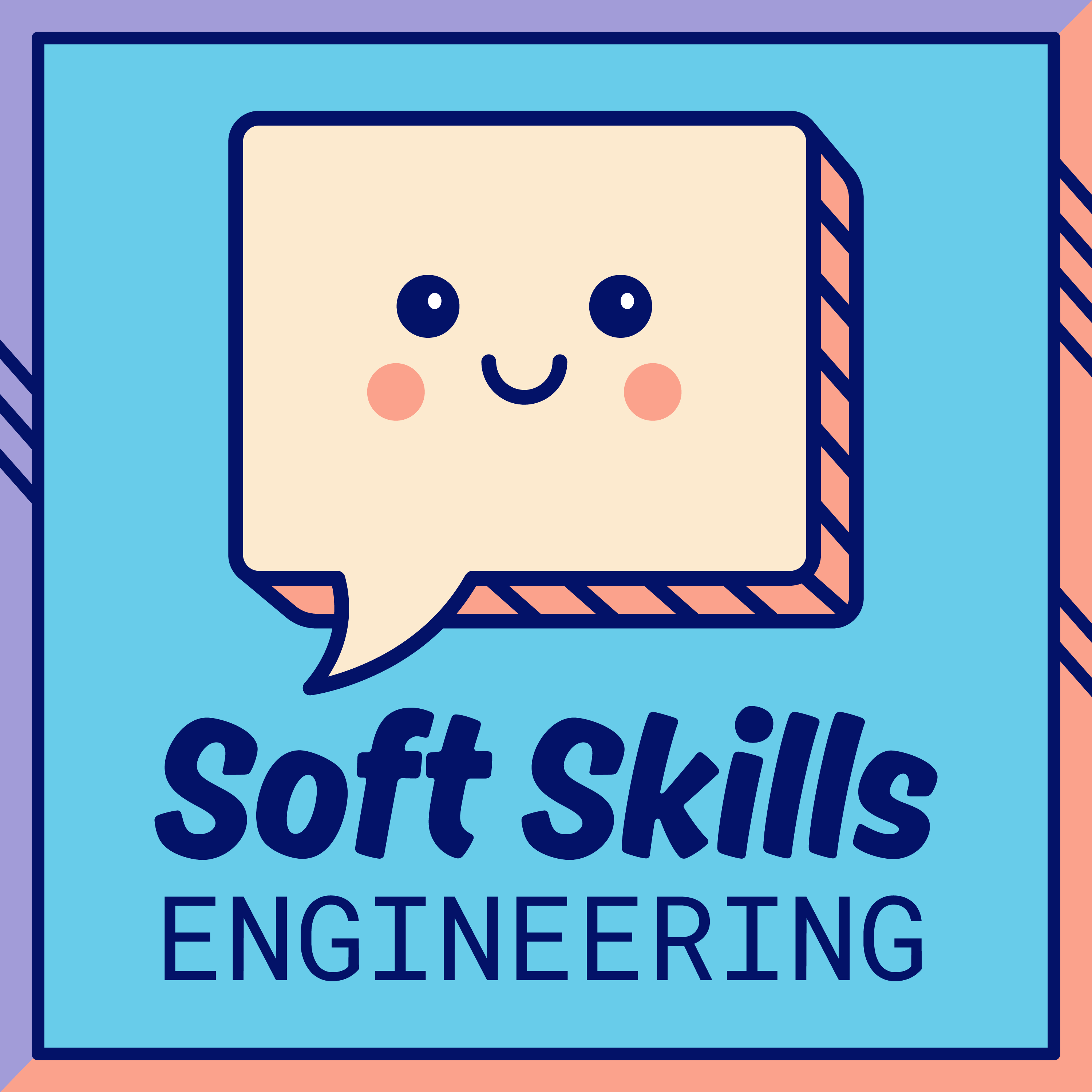- Technology
- SEE MORE
- classical
- general
- talk
- News
- Family
- Bürgerfunk
- pop
- Islam
- soul
- jazz
- Comedy
- humor
- wissenschaft
- opera
- baroque
- gesellschaft
- theater
- Local
- alternative
- electro
- rock
- rap
- lifestyle
- Music
- como
- RNE
- ballads
- greek
- Buddhism
- deportes
- christian
- piano
- djs
- Dance
- dutch
- flamenco
- social
- hope
- christian rock
- academia
- afrique
- Business
- musique
- ελληνική-μουσική
- religion
- World radio
- Zarzuela
- travel
- World
- NFL
- media
- Art
- public
- Sports
- Gospel
- st.
- baptist
- Leisure
- Kids & Family
- musical
- club
- Culture
- Health & Fitness
- True Crime
- Fiction
- children
- Society & Culture
- TV & Film
- gold
- kunst
- música
- gay
- Natural
- a
- francais
- bach
- economics
- kultur
- evangelical
- tech
- Opinion
- Government
- gaming
- College
- technik
- History
- Jesus
- Health
- movies
- radio
- services
- Church
- podcast
- Education
- international
- Transportation
- Other
- kids
- podcasts
- philadelphia
- Noticias
- love
- sport
- Salud
- film
- and
- 4chan
- Disco
- Stories
- fashion
- Arts
- interviews
- hardstyle
- entertainment
- humour
- medieval
- literature
- alma
- Cultura
- video
- TV
- Science
- en
Episode 124: Pair Programming Pain and Side Hustle CEO

In this episode, Dave and Jamison answer these questions:
\n\n- \n
- \n
I joined a new team that has a different way of working, which has exposed a lot of my shortcomings.
\n\nOn my previous team, collaboration was limited to discussions around architecture and strategy; after reaching consensus, we\u2019d implement the components independently. I was very comfortable with this because I don\u2019t have good intuition for how to interact with others.
\n\nOn the new team, we pair-program. Teammates have pointed out mistakes I\u2019ve made while pairing, such as trying to control the mouse when they are in the middle of doing something or investigating something on my own computer without communicating what I\u2019m doing. On this team, we are also expected to be much more engaged in group decision-making. As a result, I\u2019ve made tons of mistakes in how or when I pose questions. Each time I make a mistake, it increases my self-loathing. I tried telling myself that I didn\u2019t have bad intent when I made the mistake and the only way to grow is to make mistakes. I also told myself that this self-loathing doesn\u2019t do anything for the team. I also do a personal post-mortem on each of my mistakes because I thought that would help me move on. These approaches didn\u2019t work and my confidence has dropped substantially. I know it\u2019s essential for me to learn how to work effectively with others instead of staying in my comfort zone of heads-down coding. Do you have suggestions for how to get through this learning process without letting it affect my self esteem and motivation?
\n \n - \n
Hey Soft Skills Engineering,
\n\nLove the podcast! You\u2019ve helped me understand so much about the software engineering career field that I probably would have otherwise learned the hard way.
\n\nI\u2019ve been working at my current job for almost 4 years. The pay is very much below market (it\u2019s a non-profit), the work is too easy, I can finish any task in a couple of hours, but we are given an automatic 1 week+ deadline to finish anything, and I\u2019m much more technical than any of my co-workers, to the point where I can\u2019t even have nerdy conversations with anyone at work.
\n\nHowever, I\u2019ve stuck around because the job is pretty much stress-free, I don\u2019t have to think about work at all outside of work hours, and all the free time allows me to take on side-projects and learn new technologies, including every level of software development.
\n\nWith all this free time, I\u2019ve started a company. In the last few months, I\u2019ve managed developers, designed a system using blockchain tech, designed and implemented a database, learned the ins and outs of AWS management and server-less development, built a REST API from scratch, developed a full front-end in React/Redux, and learned a ton of other things.
\n\nSince I\u2019m in the prototype phase, my startup hasn\u2019t gotten any revenue, and I\u2019m aware it might take awhile to get any revenue if it ever does. I need to pay bills, and I need to start thinking about my financial stability. So I think it\u2019s time to get a new job, even if it means not having as much freedom to work on the startup.
\n\nI\u2019m not sure on how to approach my next step. I want to continue working on the startup after I get a new job, but I\u2019m aware that employers might not be fond of \u201cCEO\u201d on my resume when there\u2019s no end-date on the position, because I might leave at any time if my company grows. If I don\u2019t put anything about my company on my resume, then it seems like I have nothing to show for all the technical skills I claim I have (since all the learning, management and implementation has all been for my company).
\n\nDo I put anything about the startup I\u2019m working on in my resume? If not, then how would I showcase all the experience and skills I\u2019ve gained by beginning this startup? Should I just keep getting by paycheck to paycheck while I build the company?
\n\nThanks
\n \n